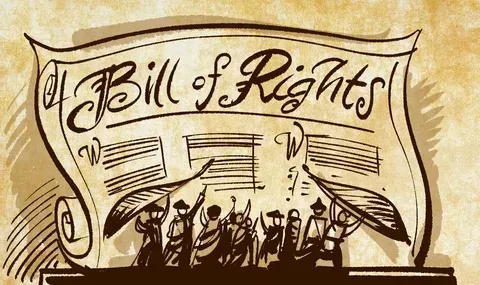Dram Shop Actions: When a Bar Goes too Far

Now that Saint Patrick’s Day is just around the corner, personal injury attorneys brace themselves for an influx of motor vehicle accident cases involving intoxicated drivers. While most people who are injured in an accident with a drunk driver are aware of their ability to sue the driver for damages, many people do not realize that they may also be entitled to pursue an action against the individual or entity which provided the driver with the alcoholic beverages.
Any server of alcoholic beverages in the State of New Jersey, be they a bar, a restaurant, or even your friend hosting a party, should be well acquainted with New Jersey’s “dram shop” laws.
What is Dram Shop Liability?
In order to understand New Jersey’s dram shop laws, first it would be helpful to understand what a dram shop is. Put simply, “dram shop” is simply an antiquated term for a bar, tavern, or similar commercial establishment where alcoholic beverages are sold.
Pursuant to provisions of the New Jersey Licensed Alcoholic Beverage Server Fair Liability Act (N.J.S.A. 2A:22A-1,
et seq.) a person who sustained injuries or property damage as a result of the negligent service of alcoholic beverages by a licensed alcoholic beverage server may recover damages from that licensed alcoholic beverage server under certain circumstances. The law exists to hold establishments that are licensed to serve alcoholic beverages responsible for injuries that result form their negligent service of those beverages to the public.
That said, holding these establishments liable under the act can be difficult as recovery pursuant to the Act is limited to only two unique circumstances:
- Where the server of the alcoholic beverage negligently serves a visibly intoxicated person; or,
- Where the server of the alcoholic beverage negligently serves a minor and the server knew, or reasonably should have known, that the person served was a minor.
In addition, the party injured as a result of either of these circumstances may only recover if it can further be shown that: 1) their injury was proximately caused by the negligent service of the alcoholic beverages, and 2) that the injury or damage sustained was a foreseeable consequence of the negligent service of the alcoholic beverages.
Additionally, pursuant to the Licensed Alcoholic Beverage Server Fair Liability Act, recovery against the server of the alcoholic beverages is limited to recovery under the Act, as it is the exclusive civil remedy in dram shop cases involving a licensed server of alcoholic beverages. This means that in addition to suing the negligent bar under the Act, you could not then sue them under additional causes of action, such as negligent supervision, for example. Importantly, the “exclusive civil remedy” language of the act should not be confused to mean that recovery as against the negligent bar is the only potential recovery available to the injured party, because of course, they are free to pursue an action against the drunk driver as well.
What about Social Hosts?
Under the New Jersey Social Host Liability Act (N.J.S.A. 2A:15-5.5 to -5.8) social hosts in New Jersey have a similar duty of care to bartenders. As per the Act, a social host is “a person who, by express or implied invitation, invites another person onto an unlicensed premises for purposes of hospitality and who is not the holder of a liquor license for the premises and is not required to hold a liquor license for the premises under Title 33 of the Revised Statutes, and who legally provides alcoholic beverages to another person who has attainted the legal age to purchase and consume alcoholic beverages.”
In other words, the Act governs adults over the age of 21 who provide alcohol to another adult over the age of 21 at some place other than an establishment licensed to serve alcohol, such as at the person’s home. The Act, therefore, provides that if an adult over 21 hosts a party, for example, and serves alcoholic beverages to their guests who are also over 21 years old, the host can be liable if those guests become intoxicated and cause injury to a third-party.
Interestingly, unlike licensed establishments, social hosts can also be liable for the self-service of alcohol left out for guests to partake of as they please, and even for alcoholic beverages that guests bring themselves. Holding social hosts liable in these situations highlights the intent behind the Act, that is to place an affirmative duty upon social hosts to maintain control over their intoxicated guests so as to safeguard the public, for example, by letting your drunk friend stay at the party until they sober up.
In all, dram shop liability, whether on the part of a licensed establishment or as a social host is something we should all be keeping in mind whenever the potential for drunk driving exists. If you or a loved one are injured as a result of an accident with a drunk driver, it is critically important to know what your rights are and to have knowledgeable and experienced legal representation. If you have been involved in such a motor vehicle accident, call the Lento Law Group today. Our team of experienced and dedicated attorneys will fight to ensure you receive the financial compensation you deserve!
More News & Resources











